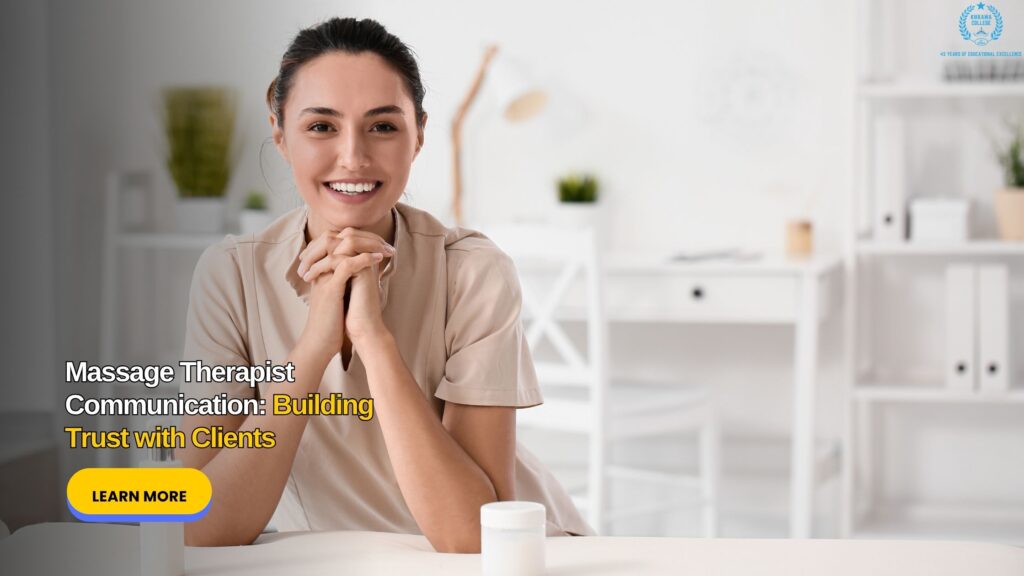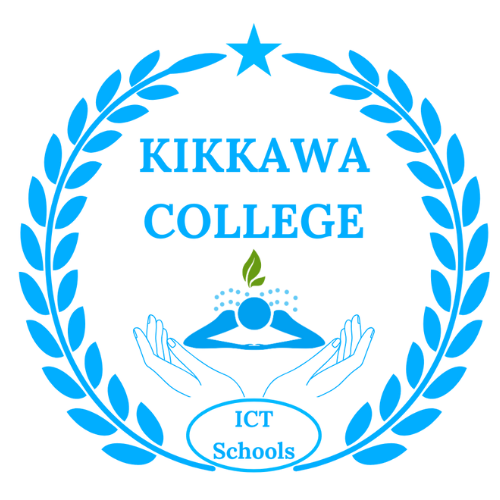Technical skill is only one part of being a successful massage therapist. The ability to communicate effectively and build a genuine connection with clients is equally important. This foundation of trust is what transforms a one-time appointment into a long-term therapeutic relationship, and it’s a core skill taught in any quality Massage Therapy Diploma program.
The Power of the Initial Consultation
The client’s experience begins long before they get on the table. The initial consultation is your opportunity to listen actively and gather crucial information. You should ask open-ended questions about their health history, specific areas of tension, and goals for the session.
- Creating a Safe Space: Ensure the client feels heard and respected. This conversation allows you to tailor the session to their unique needs and obtain informed consent for the treatment plan.
Communicating During the Session
Ongoing communication during the massage is vital for both safety and comfort. You should always check in about pressure, asking if it’s too deep, too light, or just right.
- Guiding the Experience: Use clear, simple instructions like, “Please let me know if you feel any sharp pain,” or “You can turn over whenever you’re ready.” This keeps the client involved and assures them that they are in control of their own experience.
Explaining the “Why” Behind the Work
After the session, provide clear and simple feedback. You might say, “I noticed significant tension in your upper trapezius, which could be contributing to your headaches.” Explaining the connection between your findings and their symptoms empowers the client and demonstrates your expertise.
The Foundation of a Thriving Practice
Ultimately, strong communication skills reduce client anxiety, improve treatment outcomes, and foster loyalty. By learning to combine your technical expertise with empathy and clear dialogue, you build a reputation as a therapist who truly cares, ensuring a successful and fulfilling career.






